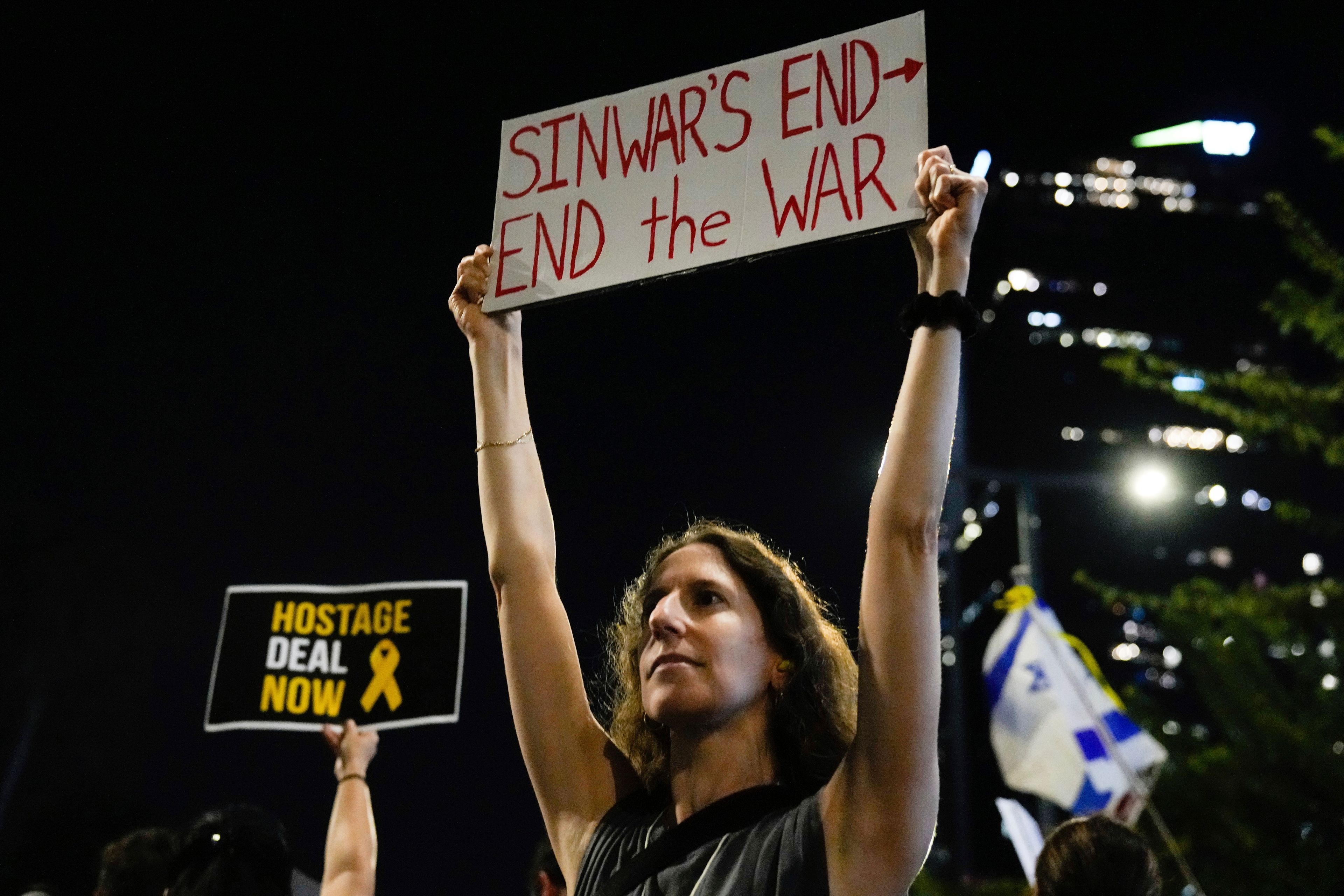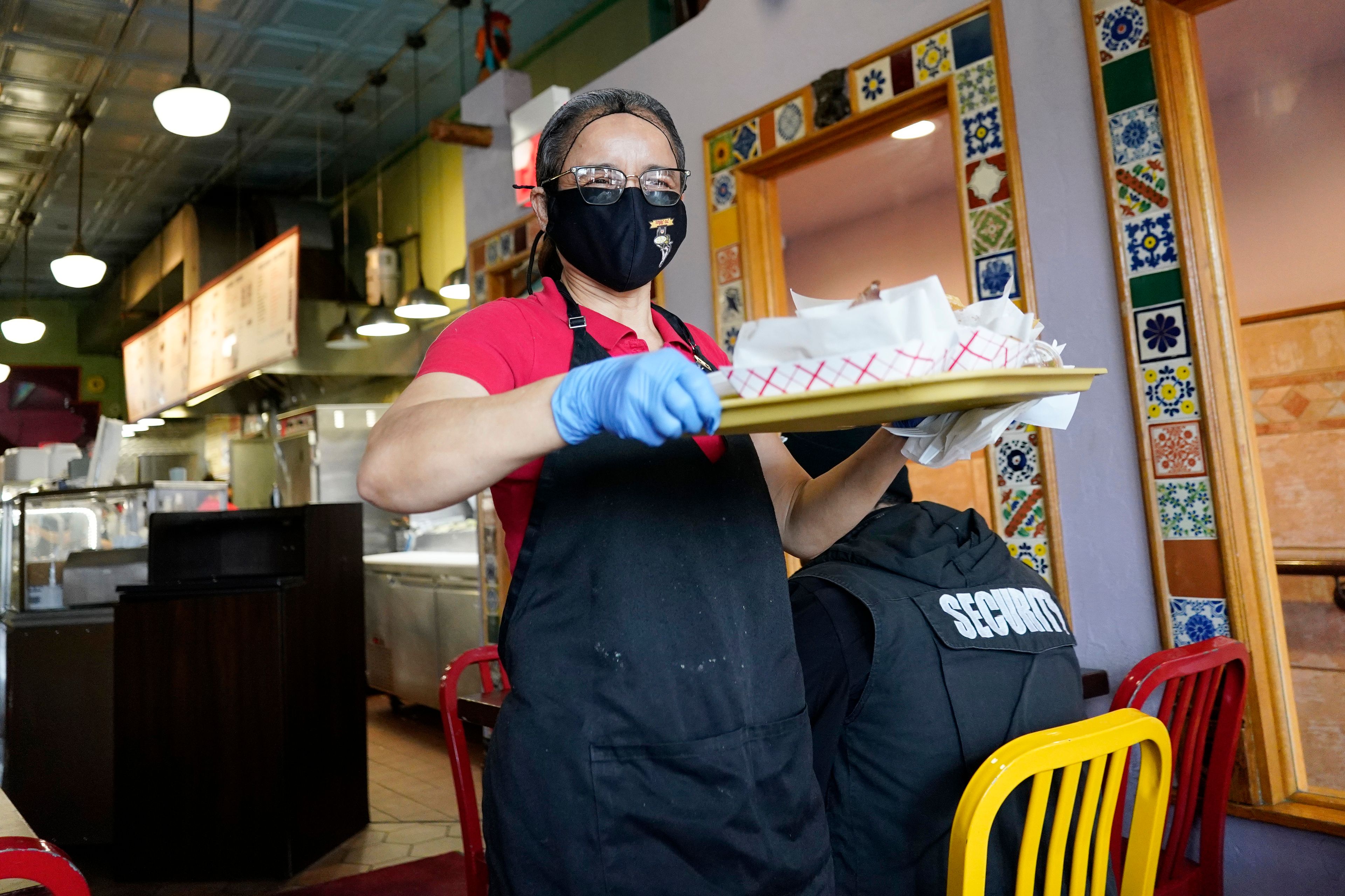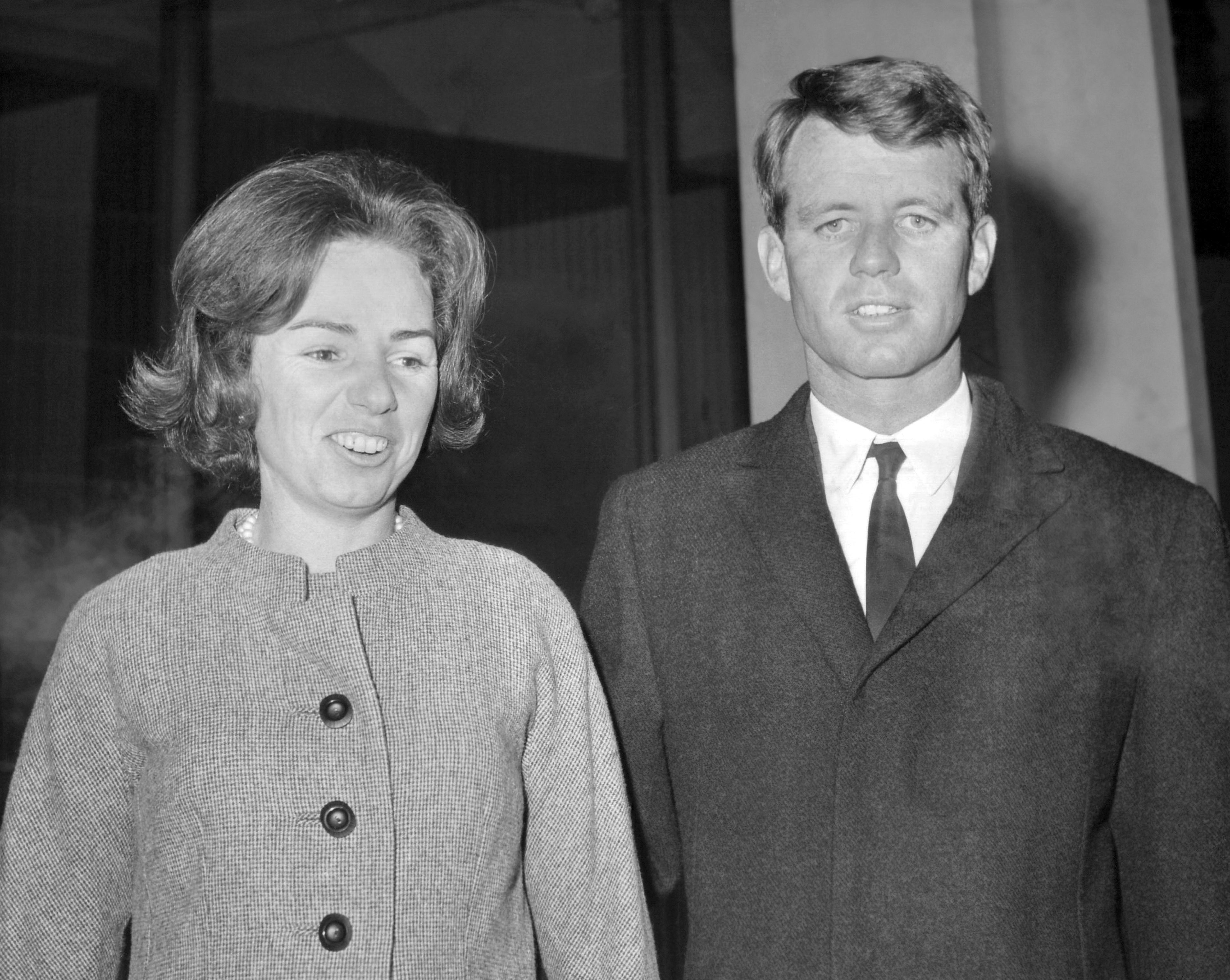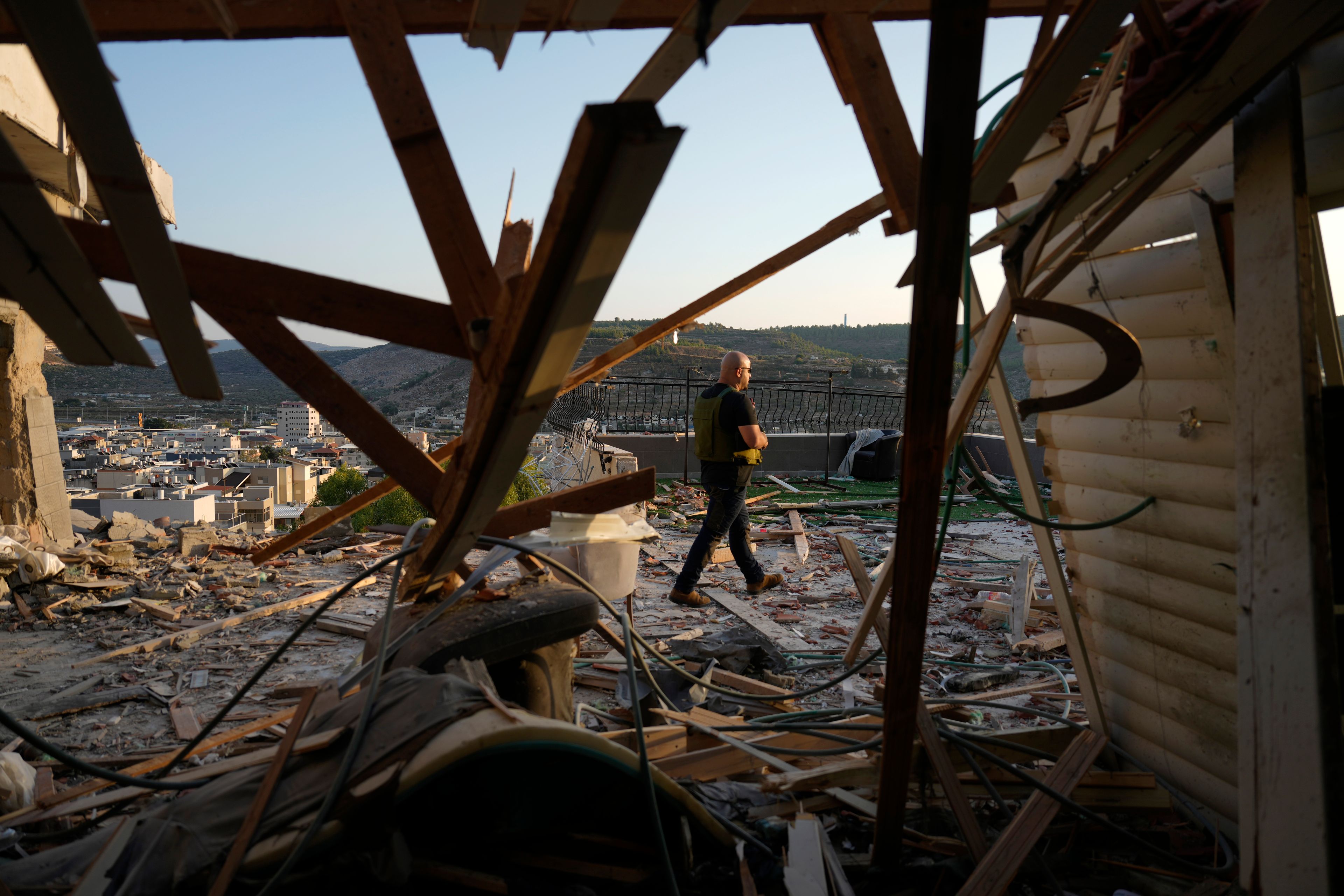A cancer diagnosis for 1 member of a family can affect everyone
ATLANTA — When Joseph Larche’s wife, Diane, was diagnosed with pancreatic cancer last April, both knew they were in for an uphill battle.
“She took it very hard because she said ‘I want to live’ and I said, ‘Baby, I want you to live and we’re going to do whatever it takes to beat this thing.’” said Larche.
Diane Larche’s doctors told her the cancer was a “stage 3″ cancer, meaning the tumor was larger and may have started to spread into surrounding tissues or lymph nodes.
“The only thing I wanted to do then was to make sure that whatever she wanted to do, we did it, because we knew it could be three months or it could be longer. Each day we woke up and said, ‘We made it another day.’”
What Joe Larche and others learned is that the disease doesn’t just affect the person who is ill. It can affect an entire family emotionally, financially and in many other ways, experts say.
It became a family affair with a network of friends and relatives chipping in to run errands, bring food, clean up the house, give her baths and keep her occupied with phone calls and visits.
Joe Larche calls it their village. Diane Larche died in January at age 65.
Diane Larche, who owned a public relations and event planning company, came from a close-knit Philadelphia family.
The couple met 30 years ago and married two years later. They did not have any children together but he had two daughters from a previous relationship, including one who died of a heart attack two months after Diane Larche. At times as many as eight people stayed in their Southwest Atlanta home to visit and to help. Sometimes, even more came; renting a nearby Airbnb for the overflow.
Emotional, spiritual, and financial difficulties
Some people feel anger and anxiety. Others want to spend as much time as possible with the person who is ill, sometimes putting their own jobs at risk.
The impact on the family was front and center earlier this year when both England’s King Charles III and Princess Catherine Middleton, the wife of Prince William, disclosed they were undergoing treatment for cancer. Both stepped away from public duties during their treatments. King Charles returned to his public duties in April, but Middleton has not.
Middleton called her diagnosis a “huge shock” and said “It has taken us time to explain everything to George, Charlotte and Louis in a way that is appropriate for them, and to reassure them that I am going to be OK.” Even for people with seemingly unlimited resources and privilege, the struggle can take its toll on families.
“Enough of us don’t share our experiences when we have situations like this,” said Larche. “For instance, I’m OK, but am I really OK because I go home, and I break down when I look at her picture and talk to her.”
The Rev. Caroline Peacock, an Episcopal priest, is director of Spiritual Health and Community Care at Emory University’s Winship Cancer Institute. “When somebody is living with cancer, it’s not just their experience,” said Peacock. “It’s the experience of the whole family. There can be a significant shift in the family dynamic.”
According to research by the American Cancer Society, more than half of U.S. cancer survivors say they have high medical costs, suffer stress from worrying about paying health bills, or have delayed medical care due to the cost.
Challenging family dynamics
After a cancer diagnosis, perhaps a parent can no longer engage in family activities like going to worship services, to games or events with their children. If a patient goes out of town for treatment it can also cause extra expense and isolation from family and friends, according to experts
Maybe a family that likes to eat in restaurants or at home together has to develop new habits and traditions, because the smell of food might make the person with cancer nauseated. It may make everyone around you start to think about their own mortality and fear of the unknown, said Peacock.
Teens or children may start struggling in school or with friendships.
“If somebody is experiencing cancer, it’s not just a physical experiences and medical experience - it’s a spiritual and emotional experience that impacts every part of that person’s life,” Peacock said.
It helps to have that emotional and spiritual support for caregivers as well.
Perhaps they might have difficulty facing the end of life for a loved one. Or, maybe they are overwhelmed by the stress of taking care of someone or taking on extra tasks or roles.
Sometimes, it enhances relationships.
Thomas Walters, who is single, had struggled with other health problems when he was diagnosed with early pancreatic cancer in 2021.
Family and friends stepped to help, bringing meals, running errands and visiting.
“Most people feel a sense of helplessness, not knowing what to say or how to support you,” said Thomas, a community health worker, who lives in Fulton County. “I had to kind of provide the guidance for what I needed.”
He also had a team of home health care nurses and a sister who lived with him for an extended period.
“I think it made us closer,” said Thomas of the relationship with his sister. “We had been living in different states for most of our adult lives. I learned things about her and she learned things about me as an adult. She did some things to help me that I never would have thought (such as at home medical tasks) and I was very appreciative.”
Thomas is now cancer free.
“There was no returning to our life that it used to be ... ”
Matthew Ames, author of “Through the Impossible: Lessons in Caregiving From a Husband Who’s Been There,” was the caregiver for his wife, Elizabeth. She was diagnosed in 2019 with appendiceal adenocarcinoma, a rare cancer, just three weeks before her 39th birthday.
Both he and his wife are attorneys and were raising two young boys, 6 and 3, at the time she was diagnosed.
After they were told about the cancer “There was no returning to our life that it used to be pre-cancer. The uncertainty of it is something that shades almost every major decision in our lives and many of the smaller ones too,” Ames said.
They prioritized spending time with each other over everything else. It reset everything for the family, and not necessarily in a terrible way, Ames said.
“I mentioned to Matt as we were sitting there two days in and grasping the magnitude of what we’re dealing with,” said Elizabeth Ames, who has now finished her treatments. “I told him I’d rather be in my seat than yours ... The weight of a caregiver is even bigger. My job was fighting cancer. Matt took on the financial obligations and obligations of the family, and of course, fighting cancer with me. He took on the weight of the world.”
Family and friends often focus on the person with cancer, which means the caregiver can be overlooked. Elizabeth Ames said of the many well-meaning people who offered to help her, only two actually reached out directly to her husband to ask what he needed and how could they help him.
It was not for a lack of caring, but more a lack of understanding and awareness.
According to the National Institutes of Health, 31% of caregivers. said having to take care of a cancer patient created a moderate stress level, while 1 in 5 caregivers reported their caregiving as a very stressful situation.
“There’s nothing like having the life scared out of you,” Matthew Ames said. “Now we live with a laser sharp focus on the things that are important to us and that serve us well and cut out a lot of the unnecessary noise and clutter in our lives.”
©2024 The Atlanta Journal-Constitution. Visit at ajc.com. Distributed by Tribune Content Agency, LLC.








